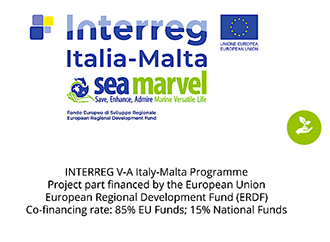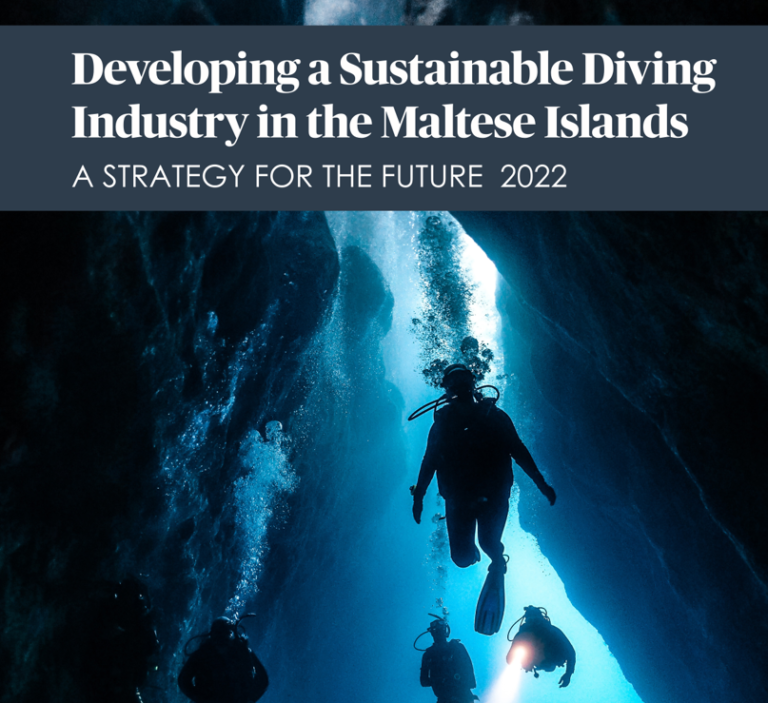
The tragic death of a 45 year old diver at the Cirkewwa Marine Park on Tuesday 26 March 2024, which could have been worse had another 17 divers not been rescued or assisted in the rough seas at Cirkewwa has triggered plenty of discussions.
Whilst initially some (including us) would have thought things just went horribly wrong, information reaching this site is pointing towards a lack of caution being the primary reason for this mess.
With a Magisterial inquiry having been launched yesterday, the legal process of finding answers and establishing responsibilities is on. This process normally takes months at least, unless authorities have a clear opinion of potential criminal negligence having occurred and a person or person(s) are charged in court in speedier fashion.
For the rest of the diving industry and independent divers, this incident will also be a clear reminder of how a dive for pleasure may turn into a tragedy.
Divers and non-divers especially have questioned the sanity of diving in the conditions prevailing at the time. Some have pointed fingers here and there, with someone who decided to remain anonymous even linking this tragedy to try to undermine our recent efforts to improve the safety of diving in conservation zones around wrecks.
The diving industry is regulated by law and as employers, are obliged to consider risks in their activities. Diving bodies such as PADI and BSAC also require risk assessment to be part and parcel of every diving activity. Each individual diver if trained well is also taught of the need to err on the side of caution.
Diving sites around the islands are also moderately safe, with a handful of risks that need to be looked at more closely as outlined in a recent risk assessment that was drawn up by this site during our campaign to make these sites safer. Changing weather conditions making safe exits difficult was in fact one of the risks identified
Infrastructure and management of sites can be very much improved, as already identified in the diving master plans by authorities in 2012 and 2022. One anonymous contact who misused the fishing in conservation zones protest email system to try to undermine that effort with the excuse of this incident in fact got one thing right amongst his fallacies, that yes, diving sites need more visible and effective management. This includes people, site and related users’ interactions within these sites.
The bottom line however always rests with individual divers and those who organise underwater activities.
These must manage their risks in an orderly fashion, with always the primary interest being live and let’s dive, sometimes another day.
Irrespective of the future conclusions of the ongoing process to establish what happened yesterday, let’s reflect and look forward to manage future dives and potential risks to the best of our abilities.
Thanks to the rescuers and those who stepped in to reduce the risk of further tragedy yesterday, and condolences to the family and friends of the fatality in this case.
We finally remind those who might have been on site and/or suffered shock or mental anxiety to use services such as Olli chat, run by the Richmond Foundation or Helpline 1770.






